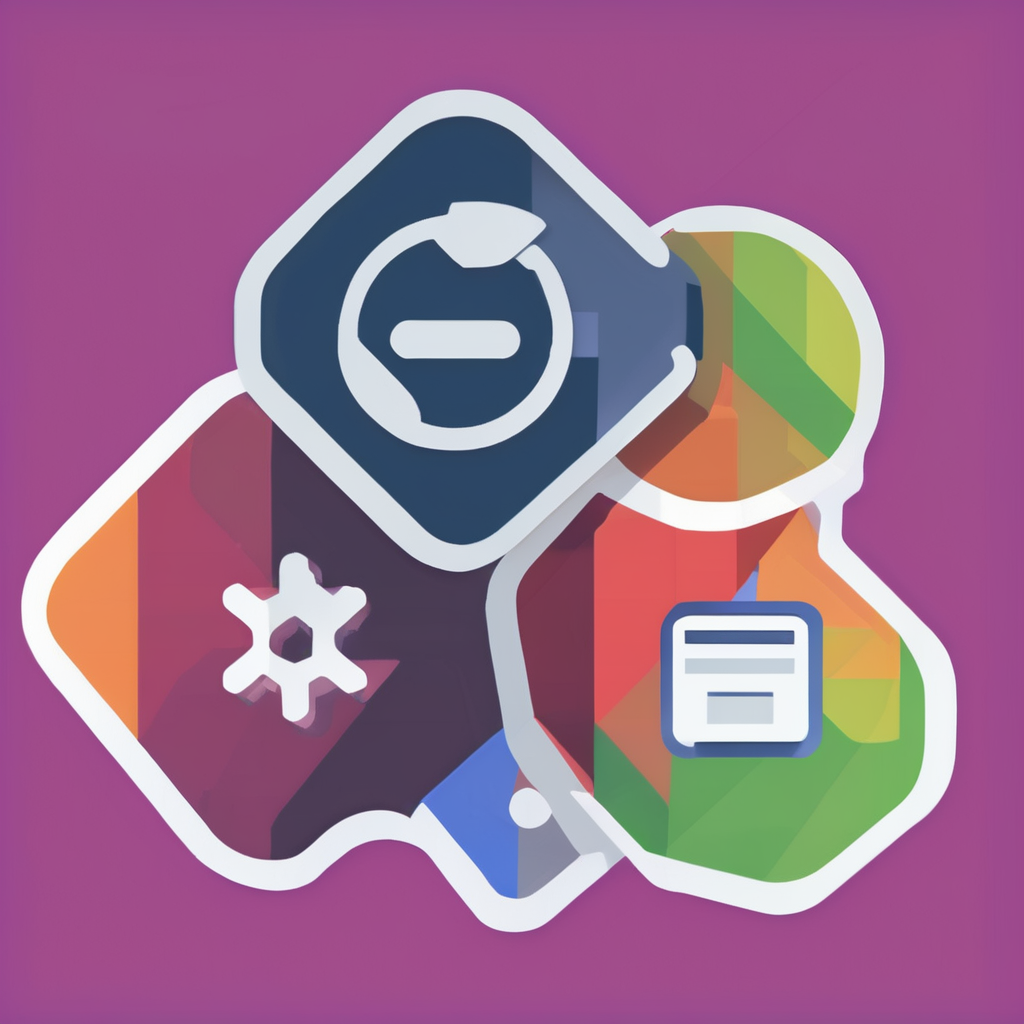Key Roles of Smartphones in UK Digital Life
Smartphones in UK computing have become integral components of everyday life. Their ubiquity is evident, as most individuals rely on daily smartphone use for a variety of tasks ranging from communication to accessing information. This constant presence fuels a dynamic digital lifestyle, deeply intertwined with broader UK technology trends.
Daily smartphone use fundamentally shapes how people connect with others. Smartphones enable instant messaging, social media engagement, and seamless video calls, transforming communication patterns. Moreover, these devices boost productivity by providing quick access to emails, calendars, and work apps, facilitating efficient task management on the go.
Also read : How is smartphone computing reshaping UK e-commerce?
The shift in computing habits reflects a strong preference for mobile devices over traditional desktops or laptops. Increasingly, UK users turn to smartphones as their primary computing tool, reflecting a significant transformation in how digital services are consumed. This evolution signals ongoing adaptation to portable, all-in-one devices that cater to convenience and connectivity simultaneously.
Technological Innovations Powering Modern Smartphones
Small
In parallel : What are the cybersecurity measures in UK smartphones?
The mobile technology advancements in recent years have revolutionized the way smartphones operate, combining powerful hardware with intelligent software. At the core of these developments is an emphasis on stronger smartphone hardware such as advanced processors, enhanced camera systems, and high-resolution displays. These components not only boost performance but also enable features like augmented reality and real-time image processing.
In the UK, the UK mobile industry is rapidly adopting 5G networks, providing users with unprecedented high-speed connectivity. This transition allows for smoother streaming, faster downloads, and better support for data-intensive applications, making 5G a crucial milestone in mobile technology advancements.
Integration with cutting-edge technologies such as artificial intelligence (AI) and the Internet of Things (IoT) further enhances smartphone capabilities. AI powers smarter assistants and personalized user experiences, while IoT connectivity expands how smartphones interact with other devices, creating a seamlessly connected lifestyle. This synergy of hardware and software innovations is what continues to drive the evolution of the UK mobile industry.
Integration of Smartphones with Broader UK Computing Ecosystem
Smartphones as central hubs for connected devices
Smartphones have become pivotal in the device integration landscape, acting as central controllers for a variety of smart home and wearable technologies prevalent in the UK. Their interoperability with smart home systems ensures seamless communication between devices such as lighting, security cameras, thermostats, and fitness trackers, allowing users to manage multiple gadgets effortlessly.
Beyond the home environment, smartphones serve a crucial role in managing and accessing cloud services. Users leverage mobile apps to synchronize data, store information securely off-device, and access files remotely, which significantly enhances productivity and flexibility. This ability to bridge local and cloud-based resources makes smartphones indispensable in both personal and professional contexts.
In business settings, smartphones contribute to the overarching IT infrastructure by integrating with enterprise networks and services. They support secure access to corporate resources, facilitate remote working, and enable real-time communication. This integration highlights the expanding role of smartphones within the UK computing ecosystem, where connected devices foster more efficient, responsive, and user-centric environments.
Mobile Internet Usage and Digital Trends in the UK
Mobile internet usage in the UK has witnessed remarkable growth, propelled by widespread smartphone penetration. Currently, over 90% of UK adults own a smartphone, making mobile internet the primary means of accessing digital content for the majority. This surge supports a dynamic digital transformation in the UK, altering how individuals connect, shop, and consume information.
One prominent trend is the rise in mobile browsing. UK users increasingly prefer accessing websites and services on their smartphones rather than desktop computers. This shift is especially visible in e-commerce, where mobile shopping accounts for a significant portion of online sales. Digital payments via smartphones, such as contactless and app-based methods, have gained rapid adoption, further embedding mobile technology into daily financial transactions.
Smartphones act as catalysts for broader digital transformation across multiple sectors, including retail, finance, and public services. Businesses leverage mobile platforms to enhance customer experience, personalize offerings, and streamline operations. The continuous evolution of mobile internet technologies in the UK reinforces the country’s position as a leader in embracing digital innovation.
Business and Personal Computing Shaped by Smartphones
Smartphones have revolutionized mobile working UK, driving a significant shift in how businesses and individuals operate. The widespread adoption of Bring Your Own Device (BYOD) policies means employees increasingly rely on their personal devices to access work resources. This trend facilitates seamless remote work, allowing staff to stay productive outside traditional office settings.
With business smartphones now central to daily workflows, workplace communication has become more immediate and flexible. Teams collaborate through instant messaging apps and video calls, breaking down geographic barriers. However, this transformation also raises important security concerns. Companies must balance convenience with robust protections to safeguard sensitive data accessed via personal tech.
User empowerment is a key outcome of this shift. Workers enjoy greater personalisation of digital experiences, tailoring devices and apps to best suit their workflow. This blend of business and personal tech UK not only enhances efficiency but also improves job satisfaction by accommodating diverse working styles. The evolving landscape reflects a new era where smartphones underpin both professional and personal computing needs.
App Ecosystems and Future Trajectories in UK Smartphone Computing
The app economy UK plays a pivotal role in shaping smartphone computing across the country. Robust app development UK ventures are fueling not only consumer convenience but also transforming how industries like finance and healthcare operate. These sectors benefit from tailored applications that enhance accessibility and service delivery, reflecting significant strides in digital innovation UK.
Industry-specific apps for finance offer secure, real-time transaction capabilities, streamlining banking and investment management for users. Similarly, health-focused applications have expanded to facilitate remote monitoring and patient interaction, highlighting an important intersection of technology and wellbeing. This growth in specialized applications underscores the dynamic nature of the app economy UK and emphasizes the importance of supporting skilled developers within the local market.
Looking ahead, smartphones are expected to evolve further as central hubs of computing in the UK. As app development UK continues to advance, devices will integrate more sophisticated functions, including augmented reality and AI-driven services, broadening their utility beyond traditional communication. The ongoing investment in digital innovation UK will sustain this momentum, positioning smartphone ecosystems as critical drivers of economic growth and technological progress.

